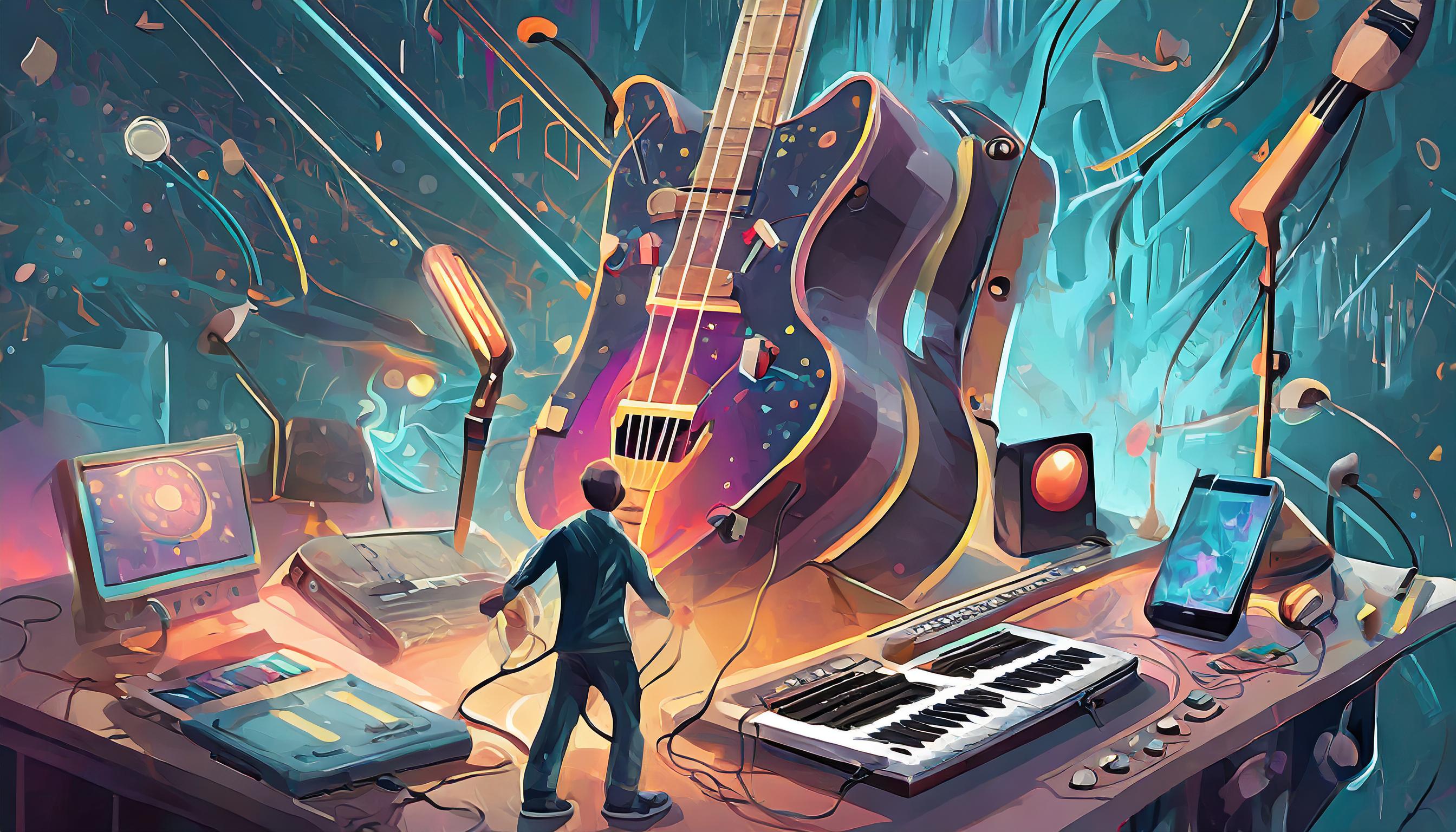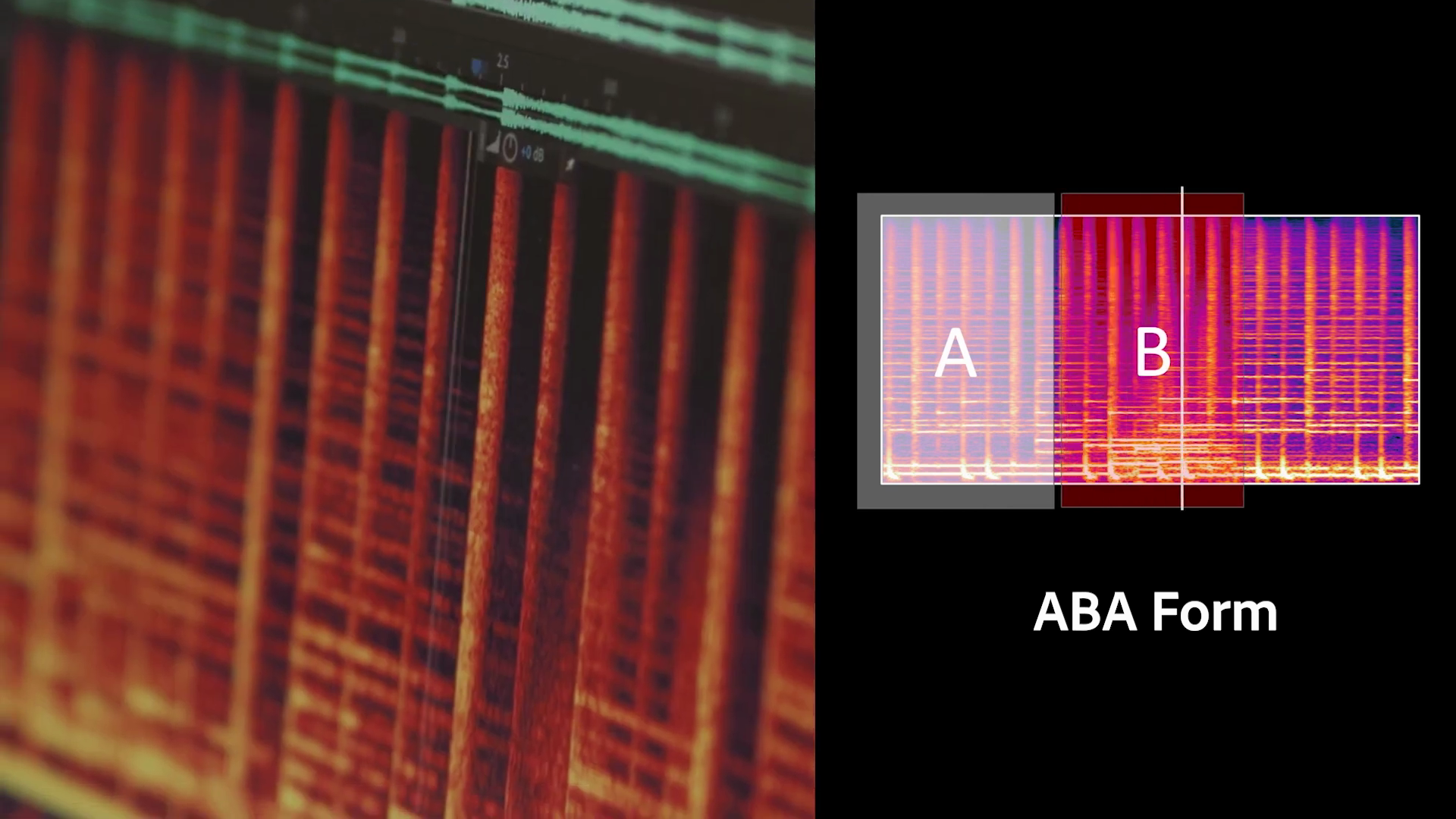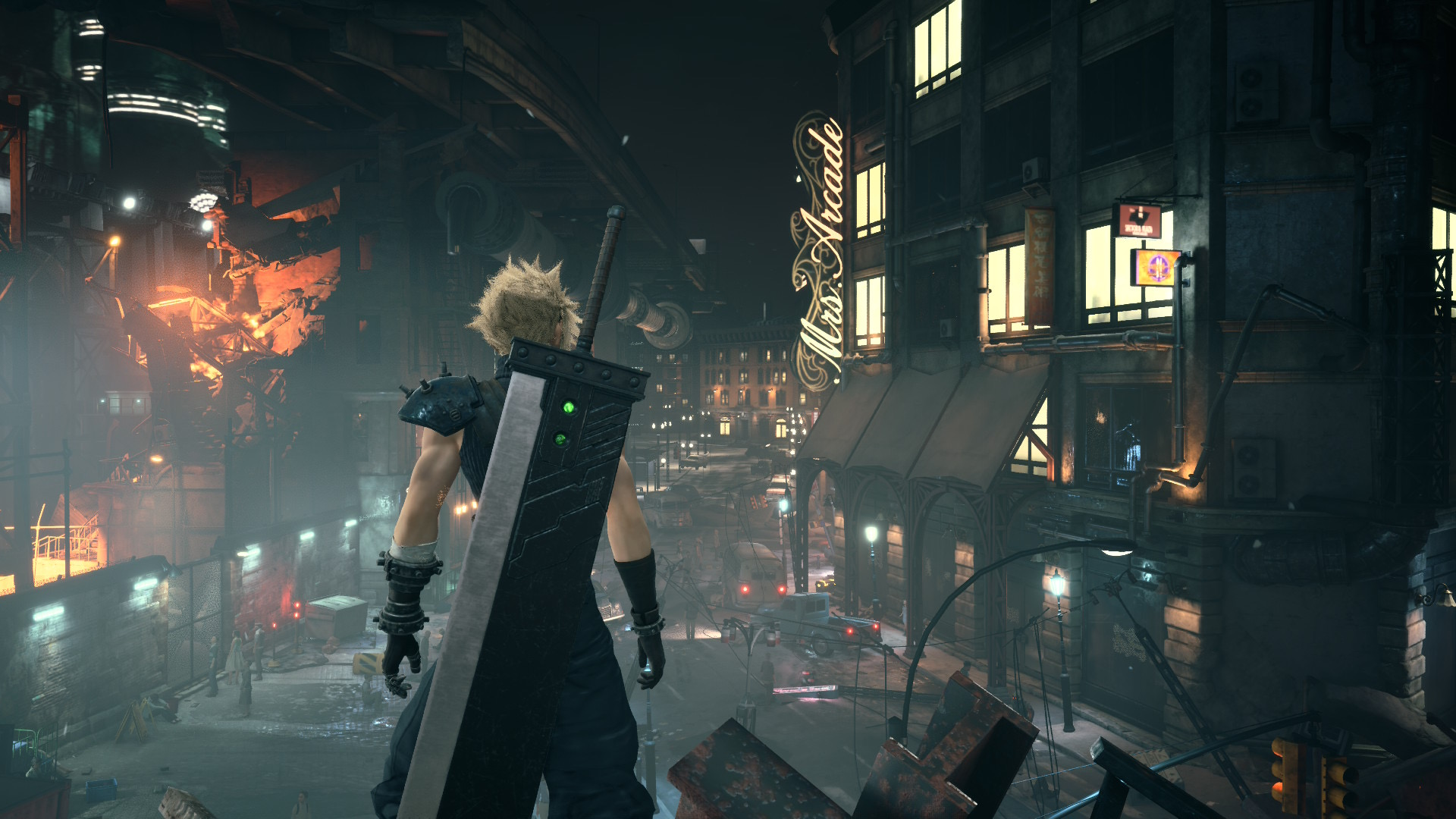Who needs a piano! Now Adobe lets you create music tracks from a text prompt
Create the perfect film score in minutes

Adobe has unveiled 'Project Music GenAI Control', a new generative artificial intelligence tool that helps you create music from a simple text prompt.
This is the latest move into the space by Adobe since its Firefly text-to-image model was released last year and could find its way into Premiere Pro in the future.
Dubbed “Photoshop for music” by Adobe researchers, it goes beyond other text-to-music tools in adding fine-grained controls to the process, allowing for a better fit sound for your project.
What is Adobe Project Music GenAI Control?
Adobe’s Project Music GenAI Control was built by Adobe Research to become a co-creator of music, rather than a tool in and of itself to create a track end-to-end like some of the other generative AI music models.
We’ve already seen a number of text-to-music models of varying quality including MusicFX from Google, Stable Audio from StabilityAI and the open-source AudioCraft from Meta. You’ve also got full song creation from Suno, Cassette AI, and Splash Music.
However, Adobe says its tool gives more control to the end user, allowing them to create styles, sounds, and even breaks that fit any project.
Nicholas Bryan, Senior Research Scientist at Adobe Research, said: “It helps people craft music for their projects, whether they’re broadcasters, or podcasters, or anyone else who needs audio that’s just the right mood, tone, and length.”
Get instant access to breaking news, the hottest reviews, great deals and helpful tips.
How does Adobe Project Music GenAI work?

Like other tools of its type this is based on a foundation AI model. It has been trained on a range of sounds and music styles then had a new workflow built on top of the model to make it easier to edit the tracks it produces.
In a demonstration of the tool, you can see a text prompt requesting a specific style of music, then additional prompts to change the intensity, add style overlays, or introduce additional instruments — all building on the original generation.
It can also generate looped tracks and specific loops for dropping into a larger mix. You just describe what you want it to sound like and the tool makes it a reality.
“One of the exciting things about these new tools is that they aren’t just about generating audio — they’re taking it to the level of Photoshop by giving creatives the same kind of deep control to shape, tweak, and edit their audio. It’s a kind of pixel-level control for music,” said Bryan.
Where will we use Adobe Project Music GenAI Control?
Right now this is an experimental feature operated by Adobe Research. Its also why the name might seem clunky — this isn’t a real product yet.
However, Project Music GenAI Control fits with the style of other Adobe Labs projects — including Project All of Me for AI outfit editing or Project Beyond the Seen for making 360 degree panoramas from a 2D image.
Even when it graduates from the lab bench, this is unlikely to be a tool in and of itself. It might be seen as the “Photoshop of music” but in reality it will be part of a wider Adobe product.
Its possible Adobe will launch a standalone version as part of its podcast studio offering, much like it has with Firefly for images, but the main access will be in Premiere Pro for adding a score to a film or putting a backing track on a video clip.
More from Tom's Guide
- Leonardo AI image generator adds new video mode
- Pika 1.0 AI video generator is free to try right now
- I just tried Runway's new generative AI video features

Ryan Morrison, a stalwart in the realm of tech journalism, possesses a sterling track record that spans over two decades, though he'd much rather let his insightful articles on AI and technology speak for him than engage in this self-aggrandising exercise. As the former AI Editor for Tom's Guide, Ryan wields his vast industry experience with a mix of scepticism and enthusiasm, unpacking the complexities of AI in a way that could almost make you forget about the impending robot takeover.
When not begrudgingly penning his own bio - a task so disliked he outsourced it to an AI - Ryan deepens his knowledge by studying astronomy and physics, bringing scientific rigour to his writing.
 Club Benefits
Club Benefits
















